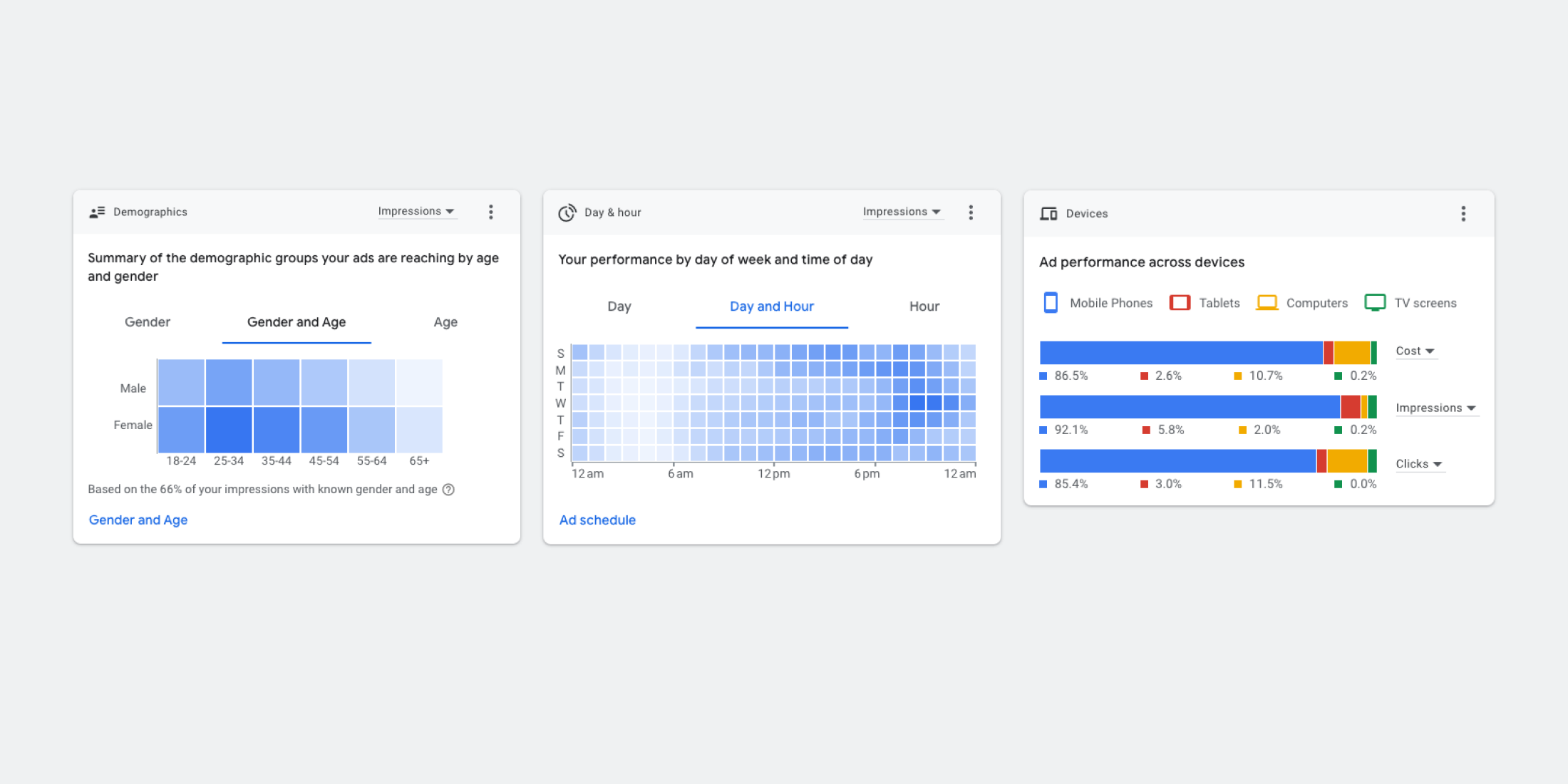In today’s fast-paced business environment, digital marketing has become a crucial element for small businesses, offering unmatched cost-efficiency and precision in targeting customers. Without a robust digital marketing strategy, small businesses risk being overshadowed by competitors and missing out on vital opportunities to connect with audiences. This approach is not only about reaching a wider audience but also about engaging with customers in a more meaningful and interactive way that can translate to long-term business success.
Cost-effectiveness in the digital space
The primary argument for small businesses to engage in digital marketing is its cost-effectiveness. Traditional marketing channels, such as print, television, and radio, often involve significant expenses, making them less feasible for businesses with restricted budgets. Conversely, digital marketing offers more affordable and scalable options.
Platforms like social media, email and content marketing, and search engine optimisation (SEO) enable small businesses to reach a wide audience with a modest investment. Paid advertising on these platforms can start from as low as a couple of hundred dollars per month, making it a highly accessible option for even the smallest of businesses. This affordability allows for a level of experimentation and flexibility in marketing strategies that was previously unavailable. All businesses can now test different ad formats, target various audience segments, and adjust their spending based on the performance and ROI of their campaigns.
Additionally, these platforms provide flexibility in budgeting, allowing businesses to start small and incrementally increase their spending based on positive outcomes. This scalability is particularly beneficial for small businesses, where budget efficiency is paramount. It not only fits tight budgets but also offers the opportunity to scale up efforts as the business grows and marketing strategies yield successful results.

Social media, email and content marketing are all cost-effective ways to reach your audience and experiment with your messaging.
Targeted advertising: a key benefit of digital marketing
The ability to target advertising to a specific audience stands out as a major advantage of digital marketing. Utilising data and analytics in marketing, small businesses can understand the demographics, interests, and behaviours of their ideal customers, and then tailor their marketing messages and campaigns to align perfectly with those insights. This personalised approach not only increases the relevance and effectiveness of the advertising but also enhances customer engagement and conversion rates, leading to more efficient use of marketing resources and a higher return on investment.
For example, a small accounting firm in Melbourne can leverage digital marketing to specifically target local businesses in need of accounting services. By analysing data, they can pinpoint the demographics, such as age range, industry sectors, and online behaviours, of their ideal clients within Melbourne and surrounding areas. The firm can then create targeted ad campaigns on platforms like LinkedIn, a hub for professionals seeking business services, using localised keywords such as “Melbourne small business accounting” or “Victoria tax assistance”.
Additionally, businesses can employ SEO strategies to rank higher in search results for these region-specific, or even suburb-specific terms, ensuring their services are visible to those conducting local searches. This could include optimising their website content with keywords like “accounting services in South Yarra” or “CBD Melbourne tax consultants”. Furthermore, they can create informative blog posts or articles addressing common financial challenges faced by businesses in their area, thereby establishing themselves as a local authority in their field. By integrating these local SEO tactics, the accounting firm not only increases its online visibility but also enhances its chances of attracting and retaining clients who are specifically looking for tailored accounting solutions in their community.

Digital marketing allows you to find, define and grow targeted audiences.
Adapting to the changing landscape
The digital marketing landscape is constantly evolving. Unlike traditional marketing campaigns, which are often fixed and hard to modify once initiated, digital marketing allows for real-time strategy adjustments. This flexibility is essential for small businesses to stay ahead of market trends and consumer behaviours.
For instance, if a marketing message isn’t connecting with the audience, a small business can swiftly change and test a new approach without incurring significant extra costs. This capability to adapt promptly ensures that marketing efforts remain effective and pertinent, maximising the impact of every marketing dollar spent.
The value of working with a digital consultant
For many small businesses, the complexities of digital marketing can be overwhelming. This is where the expertise of a digital marketing consultant becomes invaluable. A competent consultant can offer specific advice, assist in setting measurable objectives, implement strategies that align with the business’s unique needs, and bring much more benefits to your business.
Engaging with a digital consultant also ensures that the outcomes of marketing efforts are measurable. This transparency allows businesses to see precisely what they are getting for their investment. Metrics such as website traffic, conversion rates, and social media engagement provide tangible proof of the effectiveness of digital marketing strategies.
For more information on digital marketing specialists, interested businesses should consider reaching out to independent marketing consultants with proven expertise in the digital space. These professionals can offer tailored advice, help in crafting effective digital strategies, and provide insights into the latest trends and tools that can benefit a business’s specific marketing goals.

Digital consultants can guide you through which digital marketing methods make the most sense for your business goals.
How much do digital marketing consultants costs
Determining how much to pay a digital marketing consultant can vary widely depending on several factors, including the consultant’s level of expertise, the scope of your project, and your geographic location. Typically, rates can range anywhere from $150 to over $300 per hour for highly experienced consultants. It’s important for businesses to clearly define their marketing needs and budget, and then seek proposals from consultants to gauge the market rate. Remember, investing in a skilled consultant can lead to significant returns, so consider the potential value they bring to your business rather than just the upfront cost.